The faces of Chatroulette, frozen in time
Robbie Brannigan's haunting portraits of his Chatroulette partners tell silent stories of love and loneliness on the internet
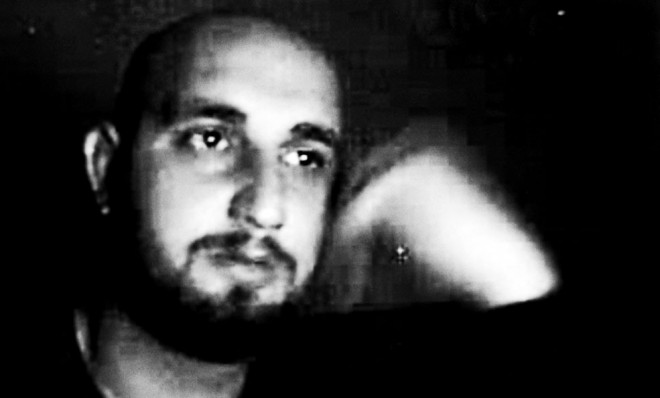
A free daily email with the biggest news stories of the day – and the best features from TheWeek.com
You are now subscribed
Your newsletter sign-up was successful
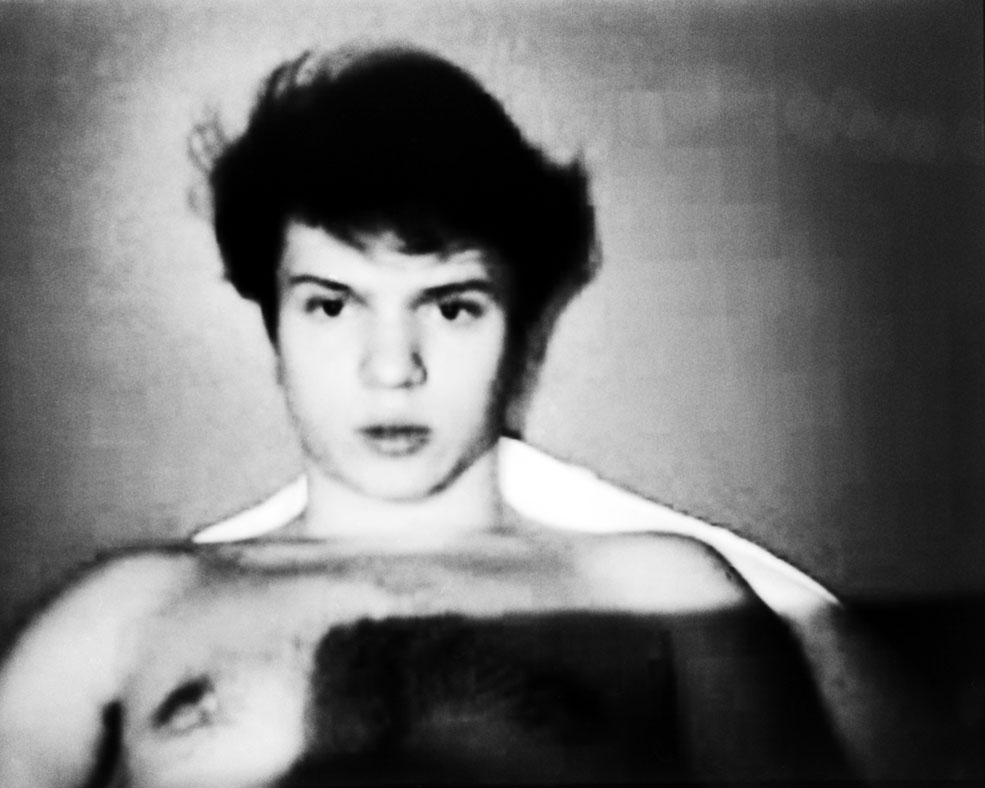
Logging into Chatroulette is like a game — you huddle around the computer screen, alone or with friends, press a button, and wait for a face (or, often, a more R-rated body part) to pop into frame. It's meant to be somewhat anonymous, and fleeting. You can exit the realities you enter at any time, simply clicking "next" to move on to another world. But who are the people whose lives we pass through?
Robbie Brannigan's portrait series "Connected to Somebody" attempts to answer just that question. The series mixes traditional portrait photography with an unyielding examination of internet culture and its affect on social life.
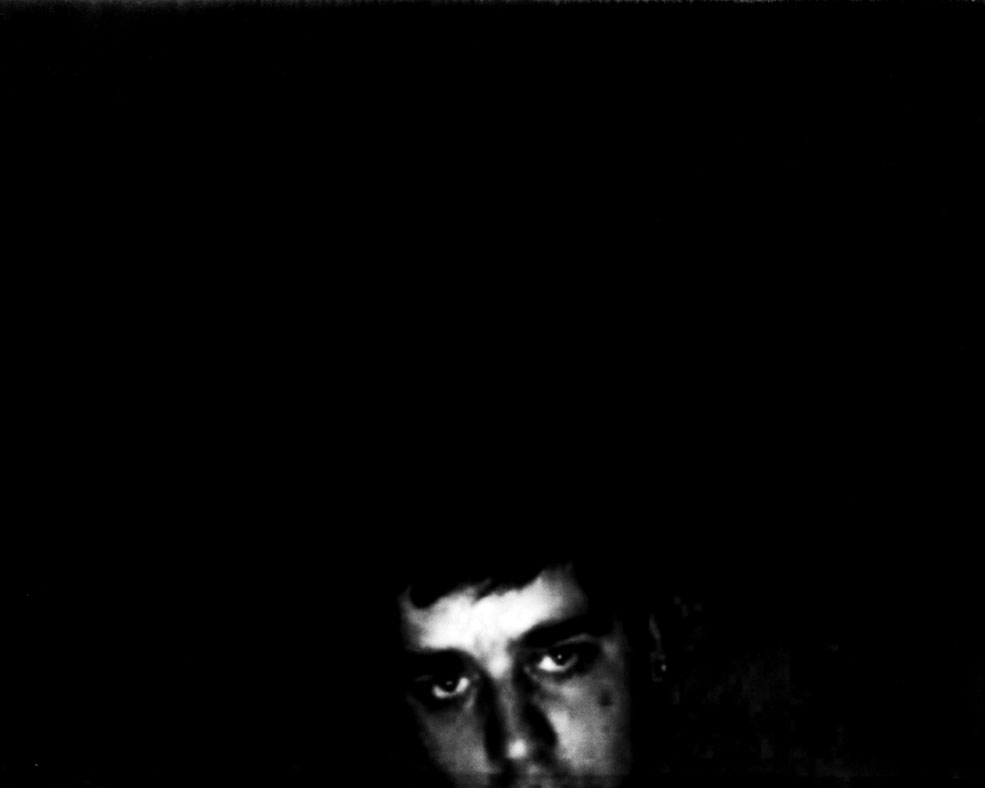
Brannigan, a New Jersey native studying photography at Bard College, found the inspiration for the series while perusing Chatroulette in early 2012. "At first I wanted it to be more about the interaction between both people on Chatroulette," Brannigan said. But after using the online chat website, in which users are randomly paired and are free to leave each one-on-one chat at any time, Brannigan found it was more interesting to be a passive voyeur, letting other users find and leave him. "I decided early on that it was much stronger to focus on the people I was watching, and to frame the photographs to resemble standard portraiture."
The Week
Escape your echo chamber. Get the facts behind the news, plus analysis from multiple perspectives.

Sign up for The Week's Free Newsletters
From our morning news briefing to a weekly Good News Newsletter, get the best of The Week delivered directly to your inbox.
From our morning news briefing to a weekly Good News Newsletter, get the best of The Week delivered directly to your inbox.
Glancing at the faces of "Connected to Somebody," the images seem to be simple screenshots — hardly the work of an experienced photographer like Brannigan. (Though he is only 20 years old, Brannigan became involved with photography at 13 under the tutelage of his father, a long-time photo enthusiast.) But the portraits are more complex than they first appear. The final products are actually scans of printed, medium format film, which Brannigan achieved by setting up a tripod facing his desktop computer, turning off all the lights, zooming in on the faces of the subjects, and photographing them as they flitted into frame.
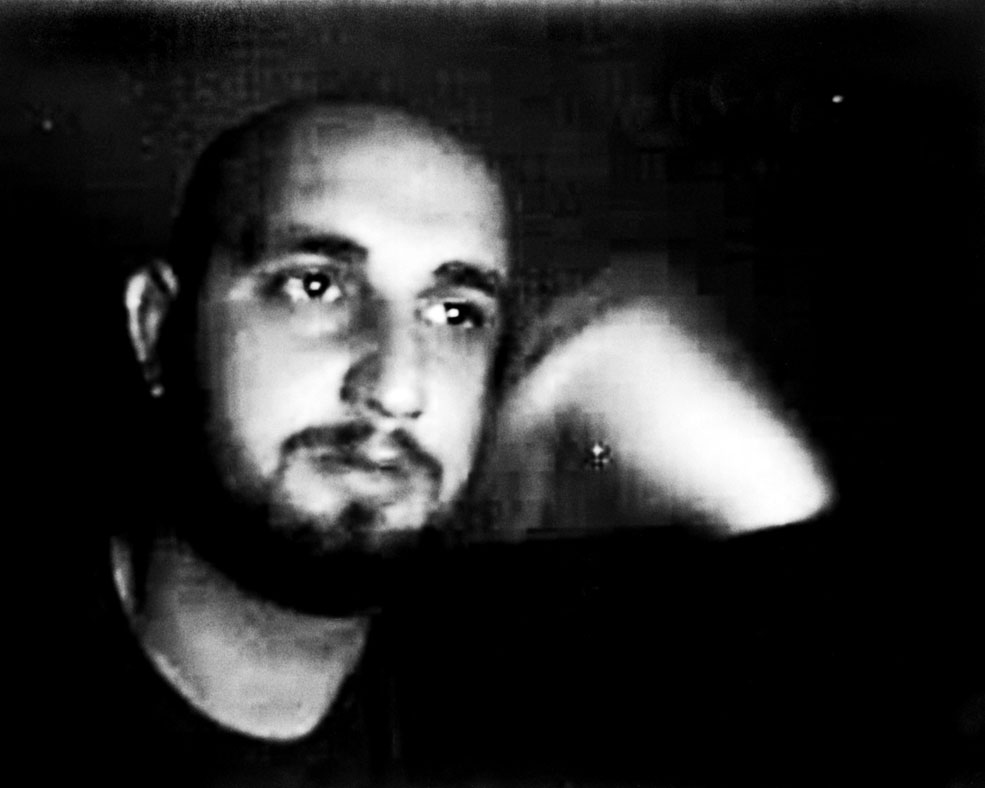
The portraits are a far cry from the usual razor-sharp images gleaned from a DSLR. They're rough and raw, with layers of pixels from the subject's computer screen, Brannigan's own computer screen, and an overall grain from the film. "There are all these physical layers between myself and these men, and I wanted to make that apparent," Brannigan said.
"Connected to Somebody" makes permanent one of the most fleeting types of online communication and examines loneliness in a uniquely modern way. Brannigan, who spends much of his time on the internet, hopes that "Connected to Somebody" illuminates the true nature of a platform like Chatroulette as more than some naughty web game. "I think that most people stigmatize online communication, labeling it as something far removed from the real thing. I wanted to show that these people aren't looking for something superficial," he said. "It's not about going to Chatroulette and getting naked just because you're bored and horny, it's about needing to feel the attention of another human, and doing what you have to do to get that."
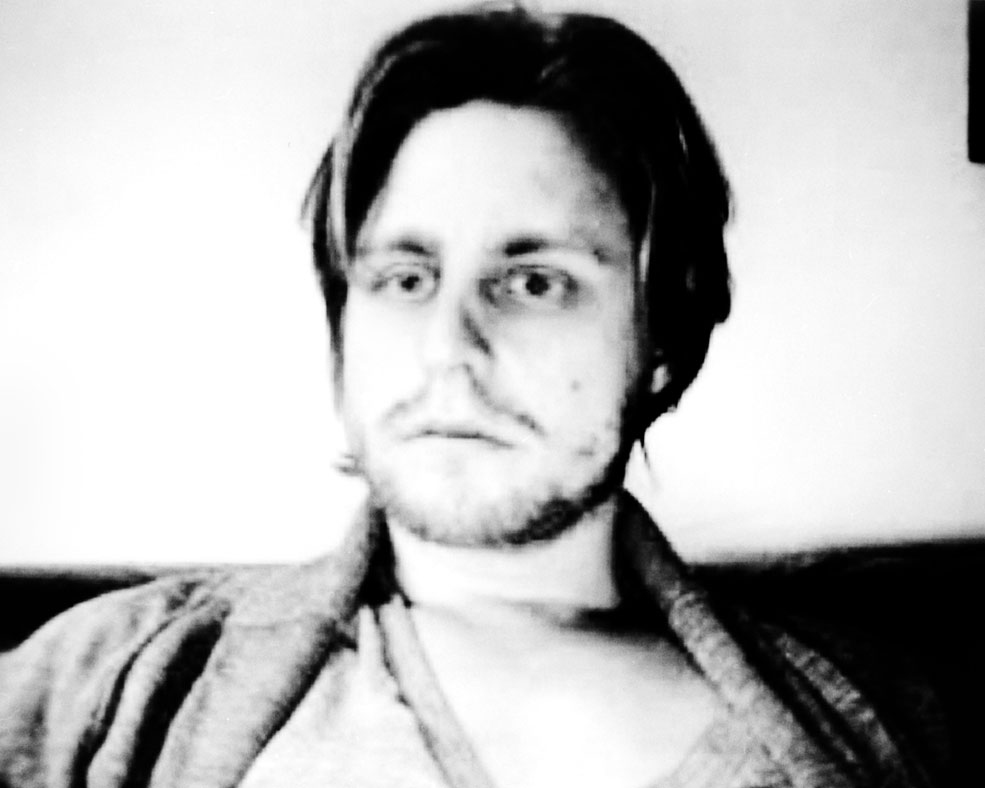
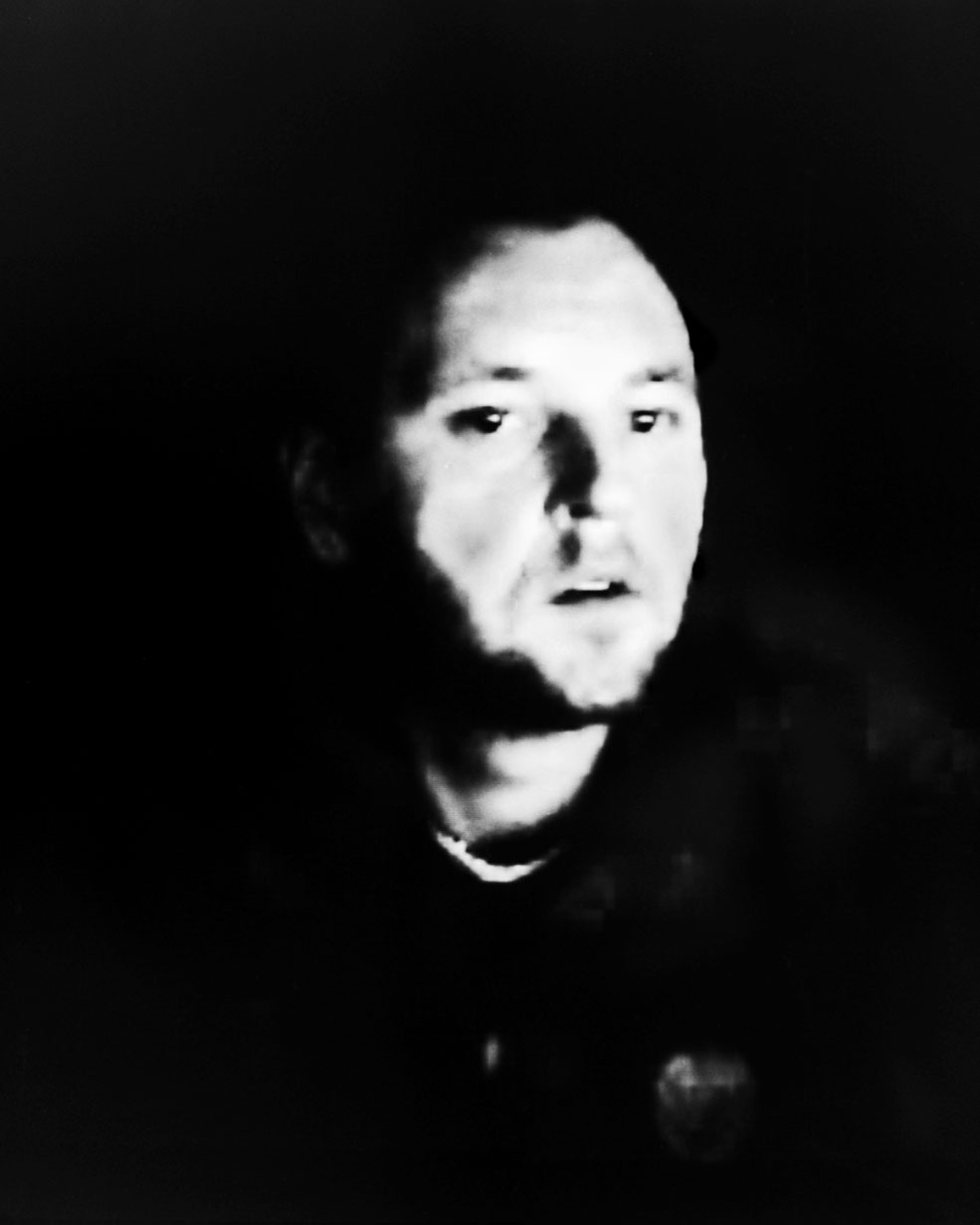
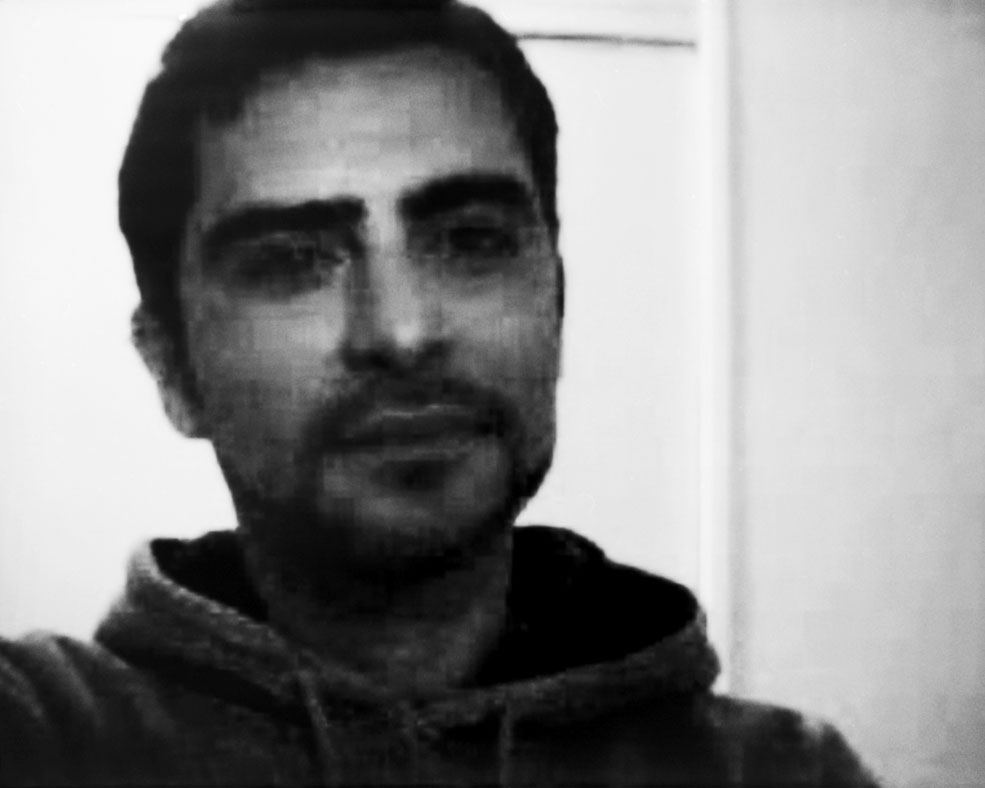
For more of Brannigan's work and the remainder of the "Connected to Somebody" series, see his website.
A free daily email with the biggest news stories of the day – and the best features from TheWeek.com
Sharon Weissburg was born and raised in Providence, Rhode Island and is studying Italian literature and American history at Boston University. Follow her @thekidette.
-
 The ‘ravenous’ demand for Cornish minerals
The ‘ravenous’ demand for Cornish mineralsUnder the Radar Growing need for critical minerals to power tech has intensified ‘appetite’ for lithium, which could be a ‘huge boon’ for local economy
-
 Why are election experts taking Trump’s midterm threats seriously?
Why are election experts taking Trump’s midterm threats seriously?IN THE SPOTLIGHT As the president muses about polling place deployments and a centralized electoral system aimed at one-party control, lawmakers are taking this administration at its word
-
 ‘Restaurateurs have become millionaires’
‘Restaurateurs have become millionaires’Instant Opinion Opinion, comment and editorials of the day